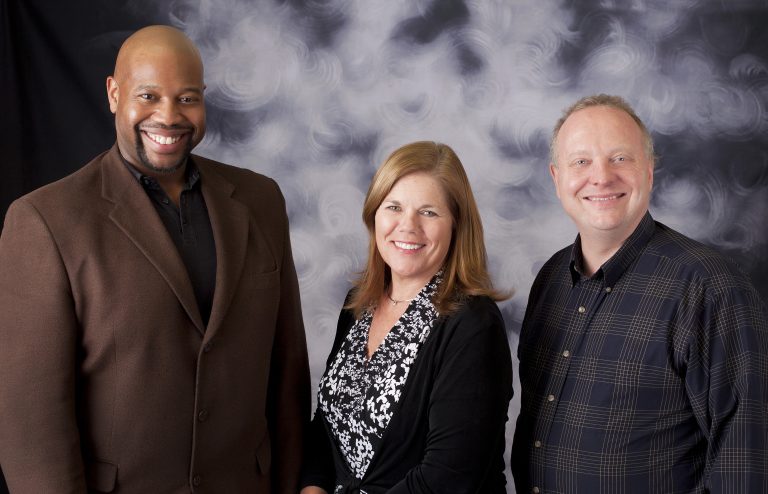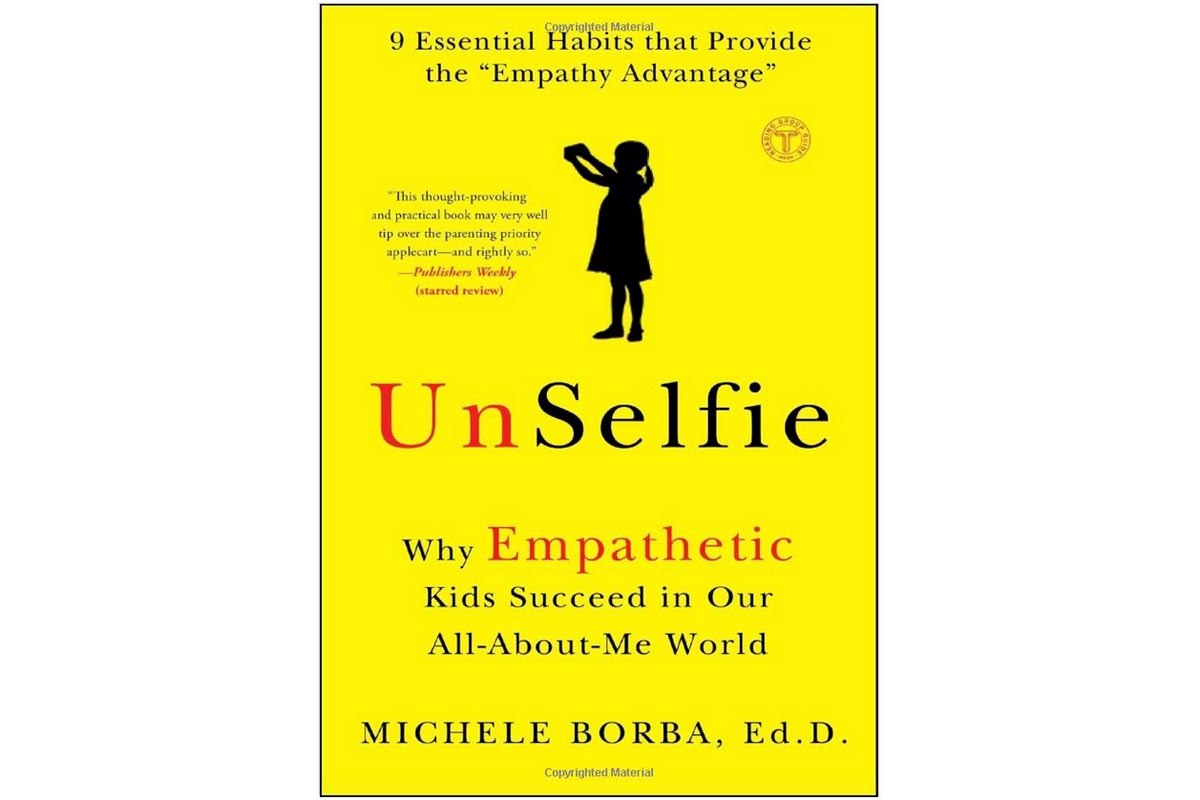Blog

By Dr. Aaron Ellington, PhD, LPCC-S, LICDC-CS
These days, it’s easy to feel flooded by constant news updates. While staying informed is important, nonstop exposure to distressing headlines can trigger anxiety, sadness, or even hopelessness. If you’ve ever felt weighed down after scrolling through the news, you’re not alone. Cognitive Behavioral Therapy (CBT) offers skills that can help you manage your thoughts and emotions so you can stay grounded without becoming overwhelmed.
Why News Overload Affects Us
The brain is wired to pay extra attention to threats, which means negative news stories often feel more powerful than positive ones. Constant exposure can lead to:
- Heightened anxiety or fear
- Feeling helpless or hopeless
- Difficulty focusing on daily tasks
- Increased rumination and worry
CBT helps by teaching us how to notice, question, and reframe our thinking so we can respond in healthier, more balanced ways.
CBT Skills for Managing News Overload
1. Identify Automatic Thoughts
When a news story sparks strong emotions, pause and write down the first thoughts that come to mind. For example:
- “The world is falling apart.”
- “Nothing will ever get better.”
- “I’m not safe.”
Noticing these thoughts is the first step toward shifting them.
2. Challenge Cognitive Distortions
Many thoughts triggered by the news fall into distorted thinking patterns:
- Catastrophizing: Expecting the worst possible outcome.
- Overgeneralization: Believing one event represents all events.
- Black-and-white thinking: Seeing situations as all good or all bad.
Ask yourself: What evidence do I have for this thought? What evidence do I have against it?
3. Create Balanced Thoughts
Once you’ve challenged the distortion, reframe it into something more balanced:
- Instead of “The world is falling apart,” try “There are serious problems, but many people are working on solutions.”
- Instead of “Nothing will ever get better,” try “Some things are difficult, but history shows progress does happen over time.”
4. Limit Exposure and Set Boundaries
CBT emphasizes changing behaviors as well as thoughts. Ask yourself: What is effective for me right now? Often the answer is setting limits:
- Check the news only at certain times of day.
- Choose one or two reliable sources instead of endless scrolling.
- Balance news intake with positive or neutral activities.
5. Focus on What You Can Control
A common CBT strategy is shifting from unhelpful worry to problem-solving. If the news highlights an issue you care about, consider what small, effective steps you can take—such as volunteering, donating, or talking with others. Redirecting energy into action can ease feelings of helplessness.
6. Practice Grounding and Mindfulness
When overwhelmed, pair CBT thinking skills with grounding exercises. Focus on the present moment by noticing your breath, engaging your senses, or taking a mindful break from screens. This helps calm your nervous system and reduces emotional intensity.
Putting It All Together
The news can feel heavy, but you don’t have to carry the weight alone. CBT skills help you catch unhelpful thoughts, challenge distortions, and create balanced perspectives. By pairing these tools with healthy boundaries and small steps of action, you can stay informed without becoming consumed.
In Summary: When news stories feel overwhelming, CBT skills provide a roadmap for balance—helping you separate facts from fears, focus on what you can control, and protect your mental well-being while staying engaged with the world. At Behavioral Health Services of Greater Cleveland, we specialize in evidence-based therapies like CBT that are tailored to your unique needs. Contact us today to schedule a consultation and explore the best options for your mental health journey. Behavioral Health Services of Greater Cleveland has two locations for in-person sessions (Rocky River and Medina), and Telehealth is available. Please call (866) 466-9591 ext. 0 for an intake.
Related Posts
Founded in 2008, BHSOGC has delivered professional Psychology Services to the greater Cleveland area with offices in Medina and Rocky River. We are a multi-disciplinary group practice with a clinical staff of psychologists, licensed social workers and masters level therapists.




